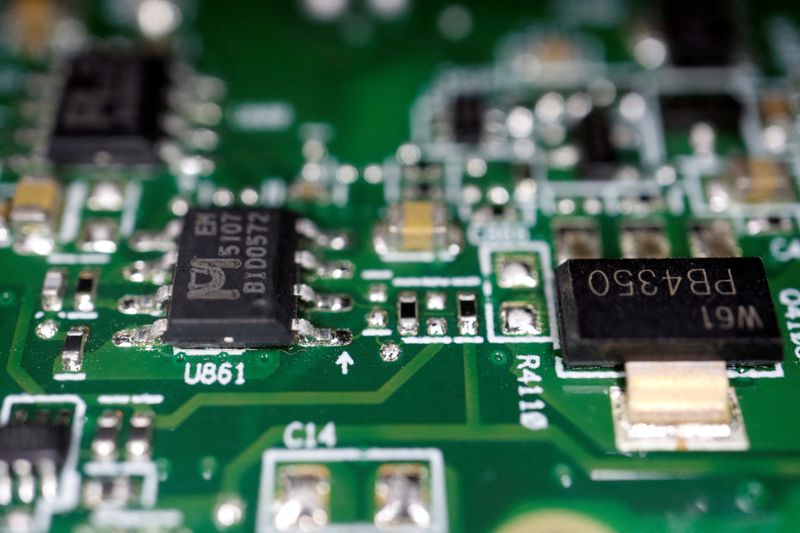HANOI (Reuters) -Fifteen U.S. companies, including semiconductors firms, have expressed interest in investing $8 billion in Vietnam in clean energy infrastructure, contingent on the country's progress on renewable energy rules, a senior U.S. official said on Friday.
Vietnam is seeking to attract chipmakers and wants to boost its renewable energy sector but it has so far struggled to adopt rules that would allow the expansion of its solar and onshore wind industry and the development of offshore wind farms of which it has none now.
"They are prepared to invest as much as $8 billion," U.S. undersecretary for economic growth and the environment Jose Fernandez told a press briefing in Hanoi, when asked if U.S. companies wanted to invest in Vietnam.
In a later remark he noted the investment would focus on clean energy infrastructure, according to what companies told him.
He declined to name the companies.
Fernandez underlined that those firms had obligations to shareholders so the investment would be conditional on regulatory progress on renewable energy in Vietnam.
"They made commitments to shareholders and customers they will use only renewable energy," he said, adding companies were also waiting for permits before they can go ahead with their investment plans.
Vietnam is considering to adopt a regulatory regime that would allow factories to negotiate electricity prices directly with producers rather than buy it from the country's state-owned power network operator.
It is also working to pass rules for offshore wind, including a designation of marine space use, but regulatory delays have for long hampered progress.
A renewable boom in Vietnam in recent years driven by widespread installation of solar panels and onshore wind turbines has been partly undone by problems for connecting the projects to the grid, which also needs significant upgrades to handle renewable energy.
Fernandez's trip to Vietnam is part of U.S. plans to implement the agreements reached in September when the two countries officially upgraded their ties to "comprehensive strategic partnership", Vietnam's top tier of its diplomatic ranking.
In meetings with senior Vietnamese officials during the trip, including with Vietnamese Prime Minister Pham Minh Chinh, Fernandez discussed mostly chips, critical minerals and clean energy, he told reporters.
